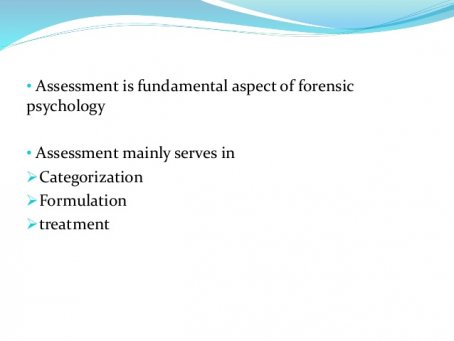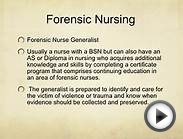
A list of citations for and excerpts from studies on assessing violence risk that have been published in 2012 or 2013.
This chapter discusses common deposition and cross-examination questions about tests and psychometrics, along with potential responses to those questions.
This resource catalogues research on assessing malingering, providing citations and brief summaries of research and review articles that have been published in peer-reviewed scientific and professional journals from January, 2001, to the present.
Responsibilities in Providing Psychological Test Feedback to Clients [Psychological Assessment]
This article discusses basic aspects of the feedback process: (a) feedback as process; (b) clarification of tasks and roles; (c) responding effectively to a crisis; (d) informed consent and informed refusal; (e) framing the feedback; (f) acknowledging fallibility; (g) countertransference and the misuse of feedback; (h) records, documentation, and follow-up; (i) looking toward the future; and (j) assessing and understanding important reactions.
This chapter reviews information and issues vital to those who use the MMPI-A in forensic assessments as well as to those (e.g., attorneys) who encounter its use in forensic contexts. The focus is on the MMPI-A, but also includes information relevant to conducting forensic evaluations with adolescents in order to meet the highest standards of practice and to withstand close scrutiny in the adversarial forensic system. The first section reviews the development of the MMPI-A for those who are new to the instrument. The second section discusses essential steps for those who are considering using the MMPI-A in a forensic assessment. The third section looks at the evolving research on the MMPI-A and highlights two case books that provide information and examples case illustrating case interpretation. The fourth section examines the ways in which the MMPI-A can identify invalid or misleading responses.
This list reviews important issues to be addressed in the planning, implementation, reporting, and documentation of a forensic assessment.
Source: www.kspope.com
You might also like:





















 Psychiatric hospitals, also known as mental hospitals, are hospitals specializing in the treatment of serious mental disorders. Psychiatric hospitals vary widely in their size and grading. Some hospitals may specialise only in short-term or outpatient therapy for...
Psychiatric hospitals, also known as mental hospitals, are hospitals specializing in the treatment of serious mental disorders. Psychiatric hospitals vary widely in their size and grading. Some hospitals may specialise only in short-term or outpatient therapy for...
1) Please explain in your own words how you are feeling.
2) How are you finding your experience on remand?
3) How is your diet?
4) When is the last time you saw your relatives, girlfriend or friends.
5) What were the circumstances that led to your arrest?
6) Are you doing anything to occupy your self while you are on remand?
7) What causes you to lose temper?
2) Explain the factors that might increase:
a) Quick tempered,self-harm, and girlfriend living a long way away, and may be being bullied:
b) Taken into care:
3) Explain the factors that might decrease:
Reducing the frust…